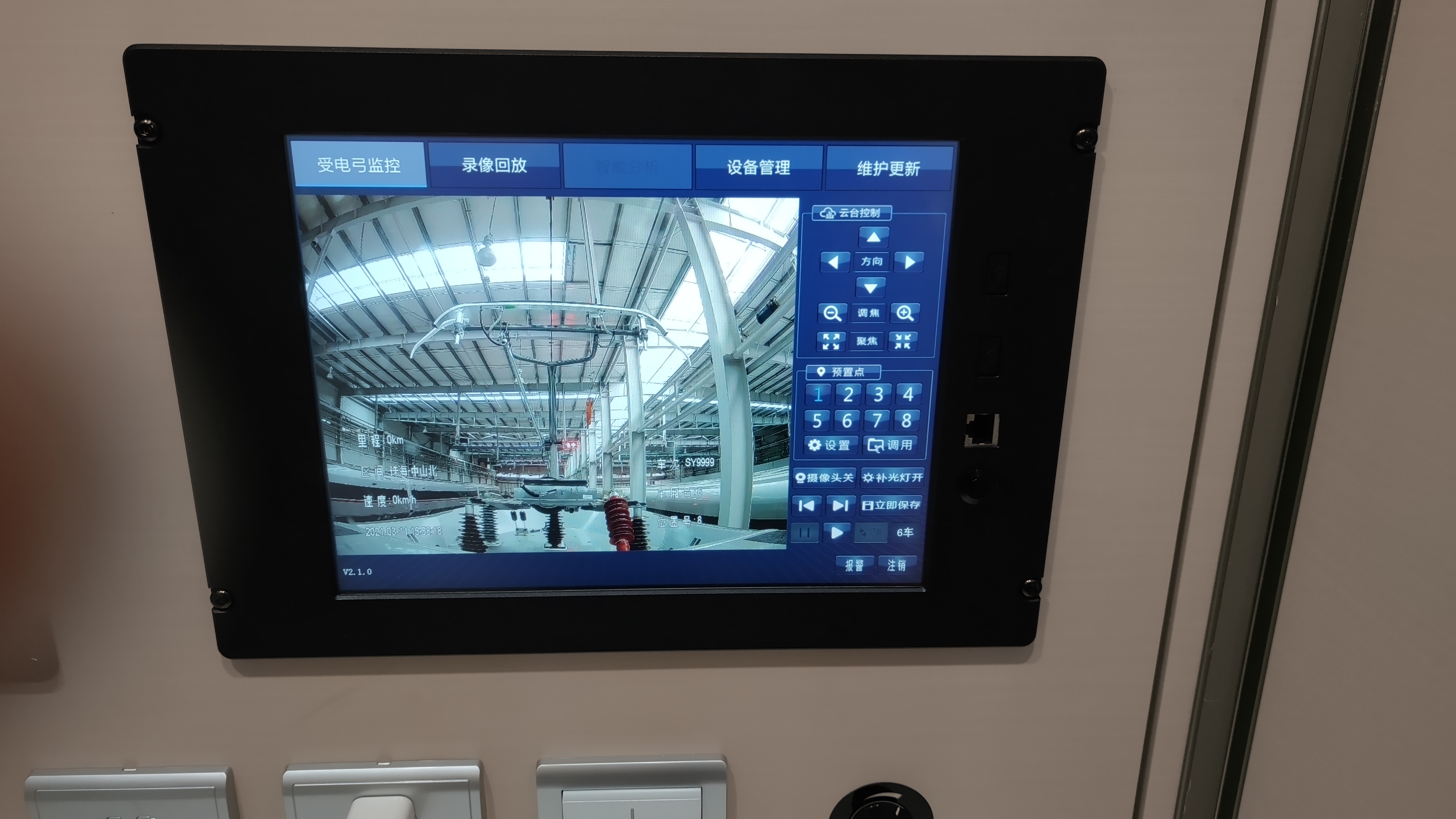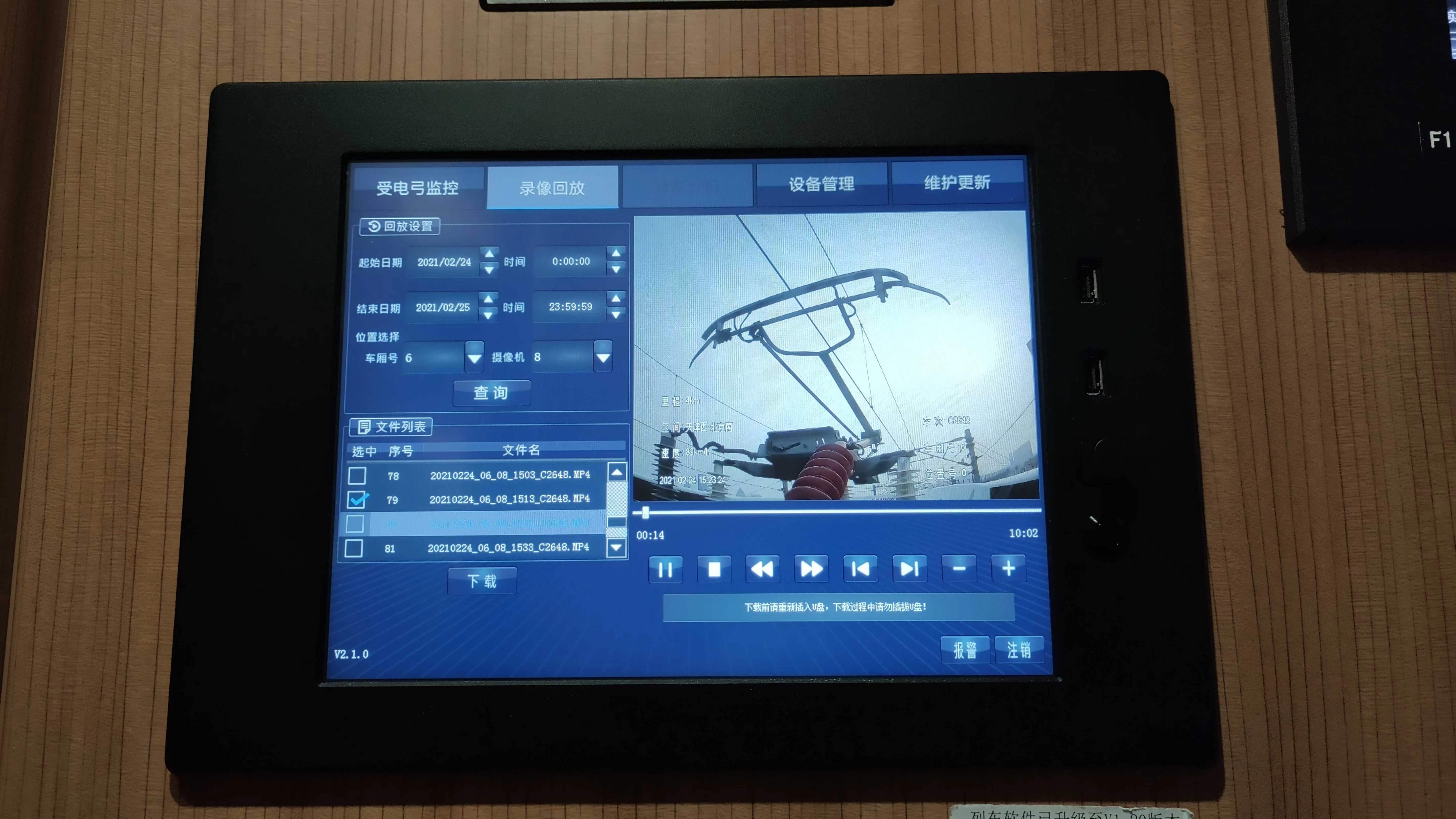
What is a Pantograph Camera Used For?
2024-03-04 11:34Introduction
The samless operation of electric trains, trams, and buses depends significantly on a component that often goes unnoticed: the pantograph. It's the vital link that connects these vehicles to the overhead lines, drawing power for movement. But how do operators ensure this crucial apparatus functions flawlessly at all times? Enter the pantograph camera, a technological marvel designed to monitor, analyze, and predict the health of pantographs in real-time. This article explores the indispensable role of pantograph cameras in maintaining the safety, efficiency, and reliability of electric railway transportation.

The Evolution of Pantograph Monitoring
Pantograph monitoring has evolved from manual inspections and reactive maintenance to real-time, automated surveillance, thanks to advancements in camera and sensor technology. Pantograph cameras represent this leap forward, offering a set of eyes that never blink, ensuring continuous operation without interruption.
Core Functions of Pantograph Cameras
Pantograph cameras serve multiple functions, each critical to the uninterrupted flow of electric rail transport:
Real-Time Monitoring
Constant vigilance over the pantograph’s condition is crucial. Cameras capture live footage, checking for wear, misalignment, or sparking, providing data that is indispensable for operational safety.

Automated Fault Detection
With the aid of artificial intelligence and computer vision, these cameras can identify issues automatically, flagging any anomalies for immediate attention, thus significantly reducing manual labor and the margin for error.
Damage Prevention and Service Continuity
Early detection of potential problems prevents damage that could lead to service interruptions, saving significant costs in repairs and lost service hours.
Enhancing Safety and Reliability
The safety of passengers and personnel is paramount. Pantograph cameras contribute to this by ensuring that any potential fault is addressed before it can escalate into a safety issue.
Versatility Across Conditions
Designed to perform in various environmental conditions, pantograph cameras ensure reliable operation whether in the heat of summer, the cold of winter, or under the cover of darkness.
Seamless System Integration
The integration capabilities of these cameras with Vehicle Management Systems (VMS) and other backend systems allow for real-time analysis and response, further enhancing operational efficiency.
Advanced Features for Comprehensive Surveillance
Infrared thermal imaging, spark detection, and 3D imaging are just a few advanced features that enhance the capability of pantograph cameras to monitor the health of pantographs accurately.
Application in Modern Rail Systems
The adaptability of pantograph cameras extends across various types of electric rail systems, from urban trams and subways to high-speed intercity trains. Each setting demands specific features from the cameras, tailored to the unique challenges posed by the environment and the speed of travel.
Conclusion: A Keystone in Railway Safety and Efficiency
The introduction of pantograph cameras into the railway infrastructure represents a significant step forward in ensuring the safety, reliability, and efficiency of electric rail transport. As the railway industry continues to evolve towards a more automated and data-driven future, the role of these cameras as critical monitoring tools will only grow. For railway operators, investing in this technology is not just an improvement; it's a leap towards future-proofing their operations against the challenges of tomorrow.
